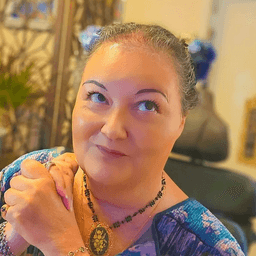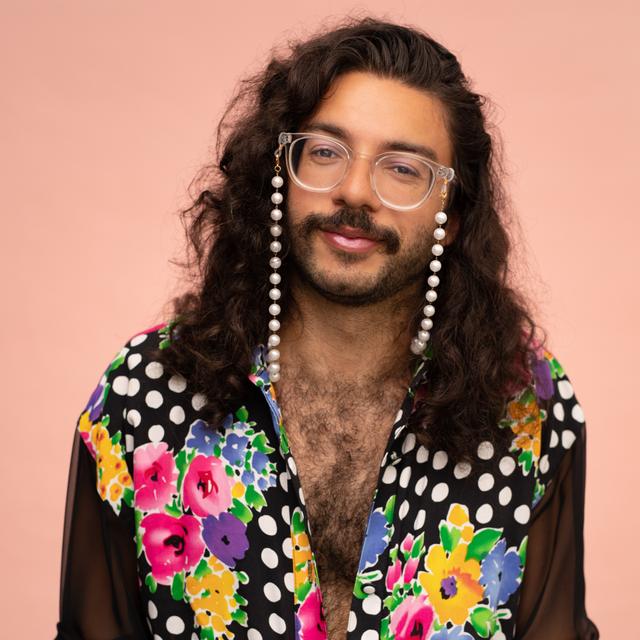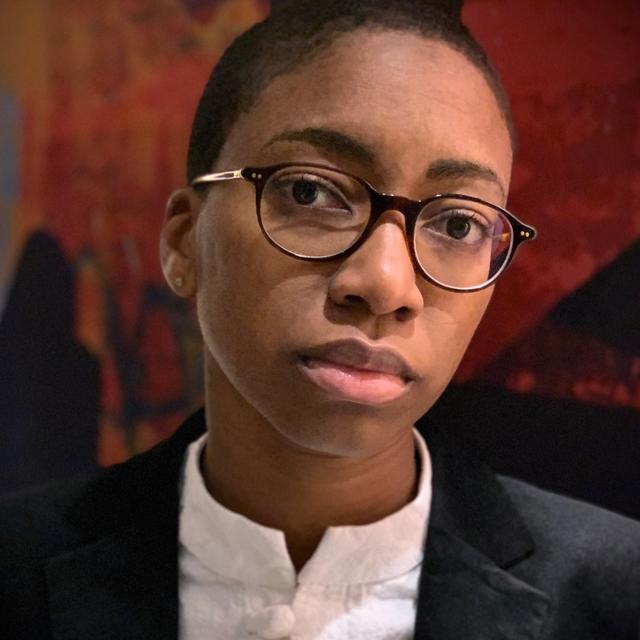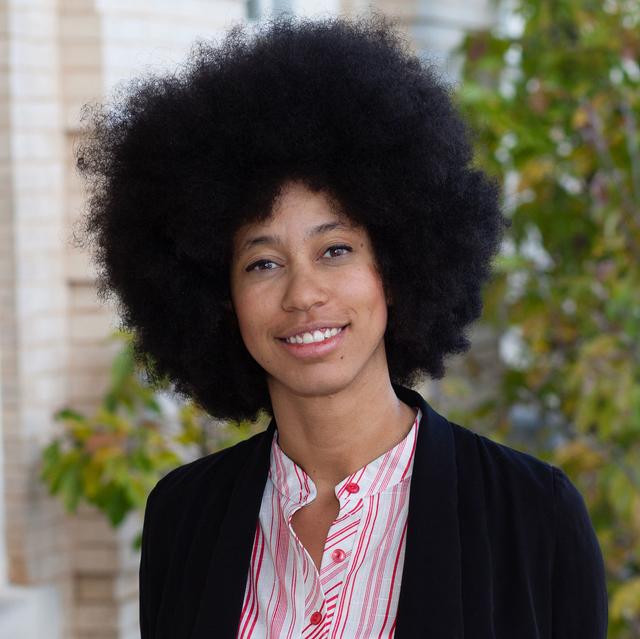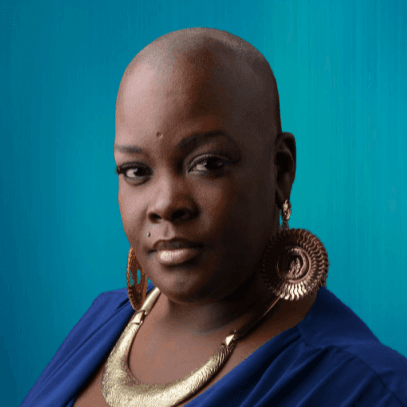Patty Berne is the Co-Founder, Executive and Artistic Director of Sins Invalid, a disability justice-based performance project centralizing disabled artists of color and queer and gender non-conforming artists with disabilities. Berne’s experiences as a Japanese-Haitian queer disabled woman provides grounding for her work creating “liberated zones” for marginalized voices.
Berne is widely recognized for their work to establish the framework and practice of disability justice which centers intersectionality and the ways diverse systems of oppression amplify and reinforce one another. As they explain, the disability justice framework was a reaction to the ways that the U.S. disability rights movement “invisibilized the lives of peoples who lived at intersecting junctures of oppression – disabled people of color, immigrants with disabilities, queers with disabilities, trans and gender non-conforming people with disabilities, people with disabilities who are houseless, people with disabilities who are incarcerated, people with disabilities who have had their ancestral lands stolen, amongst others.”
Berne’s training in clinical psychology focused on trauma and healing for survivors of interpersonal and state violence. Their professional background includes advocacy for immigrants who seek asylum due to war and torture, community organizing within the Haitian diaspora, international support work for the Guatemalan democratic movement, work with incarcerated youth toward alternatives to the criminal legal system, offering mental health support to survivors of violence, and advocating for LGBTQI and disability perspectives within the field of reproductive genetic technologies.
Disability Justice: A New Vision for the Revolutionary Body
In this presentation, we analyze various ways of understanding the body,
landing ultimately on the framework of Disability Justice (DJ). Participants
will learn the difference between viewing people's bodies through a medical
model, a social model, and a disability justice model; will understand the
profoundly differing impacts of these differing views on disabled people; will
be exposed to a new liberatory way of understanding our bodies. DJ
centers the experiences of disabled people of color and queer/nonbinary/
trans disabled folks, as we are multiply marginalized within the economy,
broad social sectors, and social movements, even within the disability
rights movement. We will review the importance of intersectionality in all
justice based organizing to best achieve a unified call for liberation.
Our Crip Hearts Burn: Climate Justice and Disability Justice
This talk focuses on the intersection of disability justice and climate
change. Participants will learn the framework of disability justice; explore
ways in which disabled people, especially disabled people of color, are
disproportionately impacted by climate chaos; recognize the relationship
between climate justice and the need for just transitions to sustainable
economies; and understand the political imperative to incorporate disability
justice principles into climate activism and policy.
Disability as an Aesthetic: Disability Justice in the Arts
This seminar will focus on the praxis of disability justice and its
incorporation into creative work as practiced by Sins Invalid*. Attendees will
view film selections from Sins Invalid’s repertoire, followed by discussions
of artists’ works, the directorial process, and the transformation of the
theater into a liberatory space — for both performers and audience alike.
*Sins Invalid commits itself to reflecting the beauty of disability and the non-
normative body, centering disabled artists of color and queer / gender non-
conforming artists with disabilities.
Survivors, Disability, and Sexual Violence
This focused session addresses common misconceptions about disability
and sexual violence which leave disabled people all the more at risk for
sexual exploitation and abuse. Learning outcomes include an increased
fund of knowledge about the context and rates of sexual violence against
disabled people; perspectives to ally with disabled survivors; and an
understanding of the medical model of disability and its relationship to
sexual violence.
